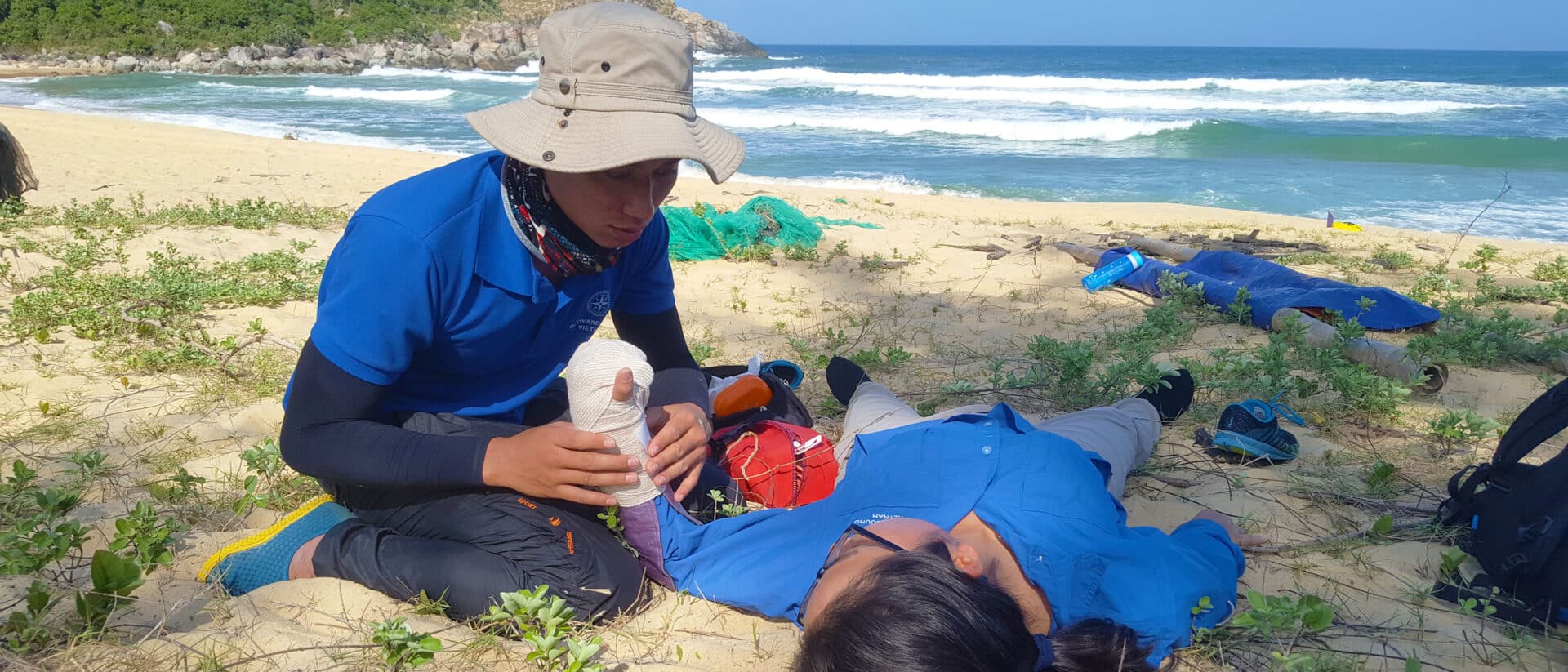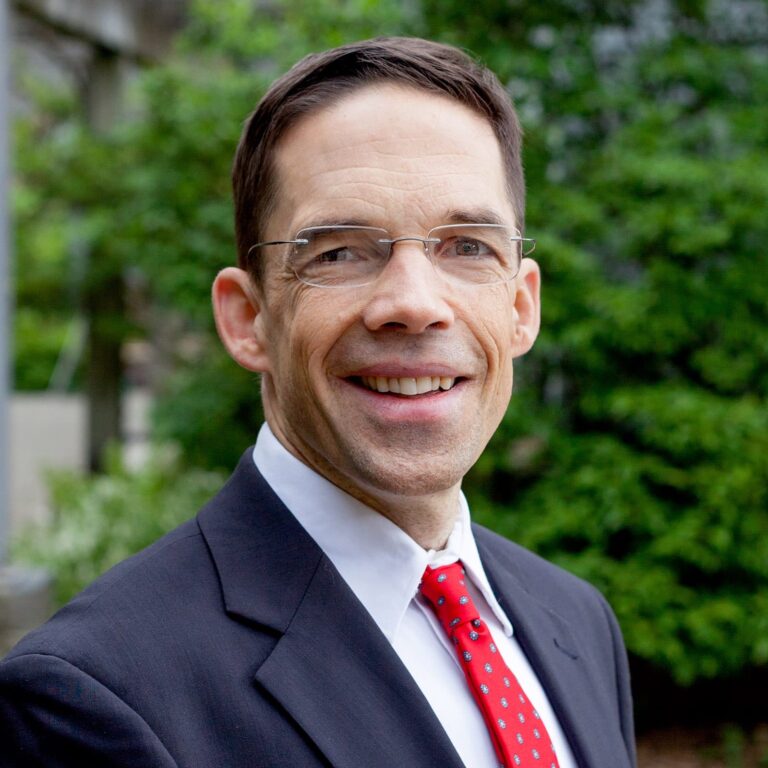
Bridge (WAFA to WFR)
Upgrade to full Wilderness First Responder certification from WAFA
Four-day training to provide WFR certification to those with a Wilderness Advanced First Aid credential.
Topics include reduction of certain joint dislocations, treatment of severe asthma with Rx medications, and more
Course Overview
Bridge (WAFA to WFR)
Course # 2XABCD
Dates
October 22 –
October 26
Course Length
4 days
Location
Oranjestadt, Aruba
Registration deadline
October 22
Cost
USD 222
Language
English
Certification
Wilderness First Responder
Course Description
Course Content
The Bridge curriculum is written by a team of remote medical rescue researchers and professionals. Ongoing evidence based research and review contributes to a unique and innovative approach to patient care in backcountry and austere settings. The curriculum is comprehensive, complete, and kept current on an annual basis.
- General Principles of Wilderness and Rescue Medicine with an emphasis on the prevention and identification of medical emergencies, appropriate technology, and risk management.
- Patient assessment and emergency care including CPR, basic life support (BLS), and the emergency treatment of anaphylaxis and asthma.
- Environmental Medicine including altitude illness, hypothermia and heat illness, frostbite and cold injury, lightning, submersion, and environmental toxins.
- Backcountry Medicine including the assessment and treatment of common medical problems.
- Musculoskeletal Problems including unstable and stable injuries overuse syndromes, and dislocations.
- Wound management including open fractures, lacerations, burns and blisters.
- Practical skills including splinting, bandaging, litter packaging and medical kit preparation.
- Wilderness Protocols including wound cleaning and exploration, spine injury assessment, dislocation reduction, CPR in the remote setting, and anaphylaxis and asthma.
Certifications
Upon successful completion, learners will receive a Wilderness First Responder certification and certification of CPR (based on ILCOR/AHA standards) at the BLS CPR for healthcare professionals level.
The course is registered for 70 hours of continuing education credit through the Commission on Accreditation for Prehospital Continuing Education (CAPCE).
Local EMS authorities may permit this certification to be used to challenge the US DOT First Responder exam.
Certifications are valid for three years.
Evaluation
Successful completion with certification is based on 100 percent attendance, satisfactory performance on homework assignments and written quizzes, demonstrated proficiency with practical skills and a successful grade on a final written exam. Viristar is committed to making reasonable accommodation to any learner with special needs.
Recertification
Within three years, graduates may recertify by retaking the Bridge (WAFA to WFR) course, or completing the Open Recertification course.
Contact us more information about recertification options.
Prerequisites
Current Wilderness Advanced First Aid certification within three years of the Bridge course. If using this course to recertify, learners must have proof of a valid WFR or WEMS certification from WMAI or a valid WFR certification from another organization, whose original training was at least 64 hours in length. Proof of certification is required.
In order to enroll in this course, the learner must meet at least one of the following three criteria:
- Hold a current WAFA certification, from a course with at least 36 hours of instruction.
- Hold a current WFR certification, from a course with at least 70 hours of instruction, of which 45 must be in-person. (In this case the Bridge course acts as a WFR recertification.)
- Hold a current Outdoor Emergency Care (OEC) certification. (In this case, successful Bridge course learners receive a WFR certification.)
Learners will have access to the pre-course assignments two to four weeks prior to course. Learners should complete the study guide in preparation for the course. The guide was designed to familiarize learners with the essential points in the curriculum. Instructors will collect it at the beginning of the course, but it will not be figured in to the final grade.
Learners must be at least sixteen years old to participate in this course. Those under eighteen years of age will require the written consent of a guardian or parent.
Continuing Education Hours
- First Responder: 36
- EMT: 36
- Advanced EMT or Paramedic: 36
- Approved by Commission on Accreditation for Pre-Hospital Continuing Education (CAPCE)
Materials Provided
All teaching materials will be provided by Viristar at no additional cost. Participants will receive the following books on this course:
- Wilderness and Rescue Medicine: A Practical Guide for the Basic and Advanced Practitioner
- The Field Guide of Wilderness and Rescue Medicine
- Wilderness Medicine Workbook
- Wilderness First Responder Class Notes
- SOAP Notebook
Equipment
We ask our course hosts to provide basic outdoor equipment and any specific gear relevant to their personnel when in remote and austere environments. Viristar will supply a specific equipment list to cover simulation and classroom needs.
Customization
As part of Viristar’s commitment to your medical rescue training, our instructors and management will inquire about your group’s needs and teach according to your group’s backgrounds, environments, and experience. Simulations and hands-on activities will be realistic and relevant. Relevant adult education is incorporated directly into our curriculum to maximize learning of medical theory and development of practical skills.
Syllabus
DOWNLOAD FULL SYLLABUSTopics
Day 1
Welcome, registration
Introduction
Review Pre-course Study Packet
Patient Assessment
Circulatory System
Respiratory Systems
Patient Assessment Drills
Basic Life Support (including Adult/Child/Infant CPR, Oxygen & AED)
Day 2
Quiz/Case Studies Review
Nervous System
Spine Management
Musculoskeletal System
Patient Assessment Drill
Dislocations
Patient Immobilization
Litter Carries
Patient Assessment Drills
Day 3
Quiz/Case Studies Review
Allergy & Anaphylaxis
Altitude or Diving
Frostbite
Drowning
Improvised Litters
Simulation
Day 4
Case Study Review
Backcountry Medicine
Toxins
Medical Kits
Patient Assessment Drills
Testing and Conclusion
Instructor

Jeff Baierlein
Jeff A. Baierlein (he/him) has been working professionally since 1987 with outdoor education, environmental education, adventure education and experiential education organizations in the USA and around the world. He led remote wilderness expeditions, worked as a naturalist-educator, served as an Emergency Medical Technician with ambulance services, led search and rescue missions, and was appointed to the Washington State Governor’s Council on Environmental Education.
Prior to founding Viristar, Jeff served as Executive Director of both the Boojum Institute for Experiential Education and the Baltimore Chesapeake Bay Outward Bound Center. His writing and lectures have been translated into Japanese, Vietnamese, Russian, Marathi, and Chinese.
Course Description
Course Content
The Bridge curriculum is written by a team of remote medical rescue researchers and professionals. Ongoing evidence based research and review contributes to a unique and innovative approach to patient care in backcountry and austere settings. The curriculum is comprehensive, complete, and kept current on an annual basis.
- General Principles of Wilderness and Rescue Medicine with an emphasis on the prevention and identification of medical emergencies, appropriate technology, and risk management.
- Patient assessment and emergency care including CPR, basic life support (BLS), and the emergency treatment of anaphylaxis and asthma.
- Environmental Medicine including altitude illness, hypothermia and heat illness, frostbite and cold injury, lightning, submersion, and environmental toxins.
- Backcountry Medicine including the assessment and treatment of common medical problems.
- Musculoskeletal Problems including unstable and stable injuries overuse syndromes, and dislocations.
- Wound management including open fractures, lacerations, burns and blisters.
- Practical skills including splinting, bandaging, litter packaging and medical kit preparation.
- Wilderness Protocols including wound cleaning and exploration, spine injury assessment, dislocation reduction, CPR in the remote setting, and anaphylaxis and asthma.
Certifications
Upon successful completion, learners will receive a Wilderness First Responder certification and certification of CPR (based on ILCOR/AHA standards) at the BLS CPR for healthcare professionals level.
The course is registered for 70 hours of continuing education credit through the Commission on Accreditation for Prehospital Continuing Education (CAPCE).
Local EMS authorities may permit this certification to be used to challenge the US DOT First Responder exam.
Certifications are valid for three years.
Evaluation
Successful completion with certification is based on 100 percent attendance, satisfactory performance on homework assignments and written quizzes, demonstrated proficiency with practical skills and a successful grade on a final written exam. Viristar is committed to making reasonable accommodation to any learner with special needs.
Recertification
Within three years, graduates may recertify by retaking the Bridge (WAFA to WFR) course, or completing the Open Recertification course.
Contact us more information about recertification options.
Prerequisites
Current Wilderness Advanced First Aid certification within three years of the Bridge course. If using this course to recertify, learners must have proof of a valid WFR or WEMS certification from WMAI or a valid WFR certification from another organization, whose original training was at least 64 hours in length. Proof of certification is required.
In order to enroll in this course, the learner must meet at least one of the following three criteria:
- Hold a current WAFA certification, from a course with at least 36 hours of instruction.
- Hold a current WFR certification, from a course with at least 70 hours of instruction, of which 45 must be in-person. (In this case the Bridge course acts as a WFR recertification.)
- Hold a current Outdoor Emergency Care (OEC) certification. (In this case, successful Bridge course learners receive a WFR certification.)
Learners will have access to the pre-course assignments two to four weeks prior to course. Learners should complete the study guide in preparation for the course. The guide was designed to familiarize learners with the essential points in the curriculum. Instructors will collect it at the beginning of the course, but it will not be figured in to the final grade.
Learners must be at least sixteen years old to participate in this course. Those under eighteen years of age will require the written consent of a guardian or parent.
Continuing Education Hours
- First Responder: 36
- EMT: 36
- Advanced EMT or Paramedic: 36
- Approved by Commission on Accreditation for Pre-Hospital Continuing Education (CAPCE)
Materials Provided
All teaching materials will be provided by Viristar at no additional cost. Participants will receive the following books on this course:
- Wilderness and Rescue Medicine: A Practical Guide for the Basic and Advanced Practitioner
- The Field Guide of Wilderness and Rescue Medicine
- Wilderness Medicine Workbook
- Wilderness First Responder Class Notes
- SOAP Notebook
Equipment
We ask our course hosts to provide basic outdoor equipment and any specific gear relevant to their personnel when in remote and austere environments. Viristar will supply a specific equipment list to cover simulation and classroom needs.
Customization
As part of Viristar’s commitment to your medical rescue training, our instructors and management will inquire about your group’s needs and teach according to your group’s backgrounds, environments, and experience. Simulations and hands-on activities will be realistic and relevant. Relevant adult education is incorporated directly into our curriculum to maximize learning of medical theory and development of practical skills.
Syllabus
DOWNLOAD FULL SYLLABUSTopics
Day 1
Welcome, registration
Introduction
Review Pre-course Study Packet
Patient Assessment
Circulatory System
Respiratory Systems
Patient Assessment Drills
Basic Life Support (including Adult/Child/Infant CPR, Oxygen & AED)
Day 2
Quiz/Case Studies Review
Nervous System
Spine Management
Musculoskeletal System
Patient Assessment Drill
Dislocations
Patient Immobilization
Litter Carries
Patient Assessment Drills
Day 3
Quiz/Case Studies Review
Allergy & Anaphylaxis
Altitude or Diving
Frostbite
Drowning
Improvised Litters
Simulation
Day 4
Case Study Review
Backcountry Medicine
Toxins
Medical Kits
Patient Assessment Drills
Testing and Conclusion
Instructor

Jeff Baierlein
Jeff A. Baierlein (he/him) has been working professionally since 1987 with outdoor education, environmental education, adventure education and experiential education organizations in the USA and around the world. He led remote wilderness expeditions, worked as a naturalist-educator, served as an Emergency Medical Technician with ambulance services, led search and rescue missions, and was appointed to the Washington State Governor’s Council on Environmental Education.
Prior to founding Viristar, Jeff served as Executive Director of both the Boojum Institute for Experiential Education and the Baltimore Chesapeake Bay Outward Bound Center. His writing and lectures have been translated into Japanese, Vietnamese, Russian, Marathi, and Chinese.
